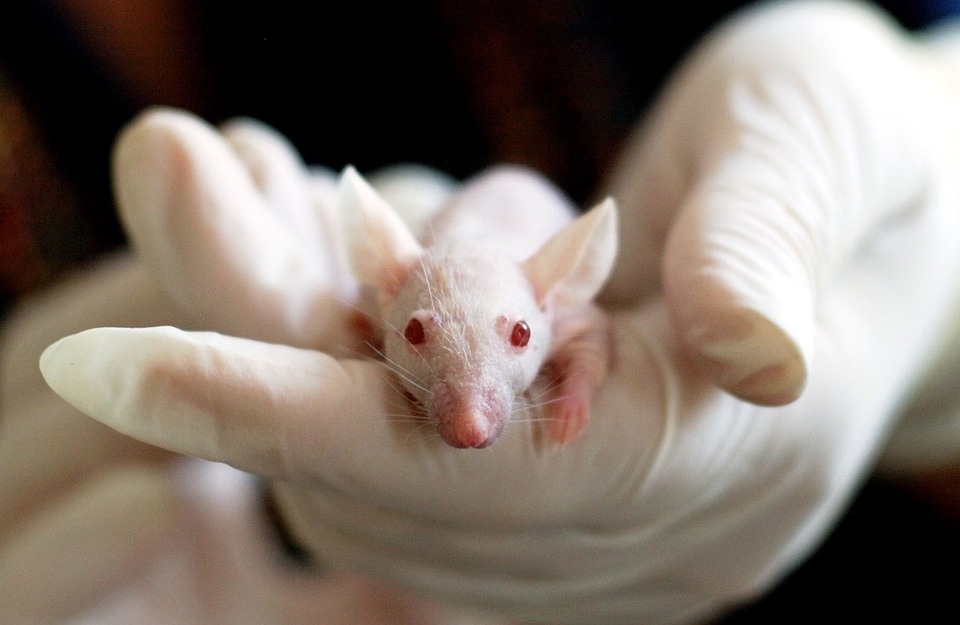Several American laboratories have apparently inserted human brain organoids into the brains of rats and mice, connecting the two structures via blood vessels. Some of these organoids will develop and scientists believe that human brain tissue could actually work in the rat brain. These announcements published in the Stat journal are refuelling the debate on chimera, focusing in particular on the fact that human cells may develop within animal brains, “giving animals a form of human conscience”. The purpose of this research is to “determine how bundles of brain cells cultured in the laboratory could be used to understand or treat brain disorders”. Although the alarming aspects of these studies, namely bestowing animals with human characteristics, seems a long-way off and belongs to the world of science fiction, ethicists are voicing their concerns. Until now, experiments have involved such small fractions of human neurones that there is no way that mice could consequently develop a human conscience or higher level of intelligence. Furthermore, the vascularisation of such implants has never been successful.
These studies are to be presented this week to a congress on neurosciences. However, the results have yet to be published.
Stat, Sharon Begley (6/11/2017); MIT, Jamie Condliffe (7/11/2017)

